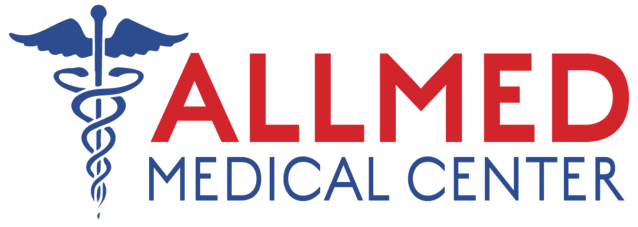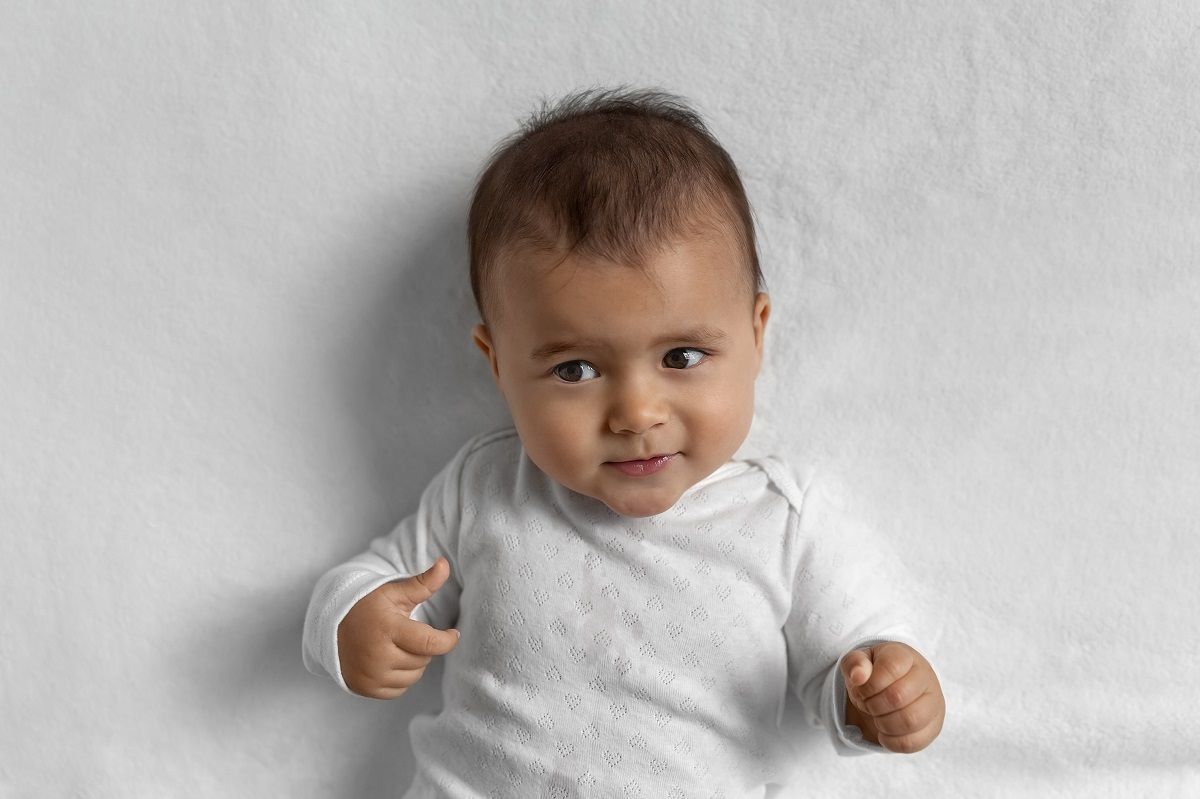Myth-Busting Guide: Common Misconceptions in Infant Care
Understanding Myths About Newborns
Infant care is a topic filled with myths and misconceptions, often leading to confusion and misinformation among parents and caregivers. Myths, such as "infants can't feel stressed" or "exposure to germs is harmful to infants," may cause anxiety or alarm, especially to new parents. That's why debunking these myths is crucial for your newborn's well-being. Read on to uncover the truth and take away evidence-based insights to help you navigate the complexities of infant care.
Top 10 Infant Myths
In the digital age, misinformation has become prevalent. While social media connects parents, caregivers, and healthcare providers, it also acts as a platform for sharing unverified claims. Nowadays, parents can easily find tips, share experiences, and seek support online, but this comes with a caveat; you must always verify the credibility of sources and consult with healthcare professionals before making decisions about the health of your babies.
Here’s a list of the ten most popular myths about newborns:
Myth #1: "Babies sleep better on their stomachs."
One of the most prevalent misconceptions is putting babies on their stomachs to sleep. Some believe this method may improve their sleep quality. However, the National Institutes of Health states that putting babies on their backs to sleep is the safest position. Sleeping in a prone position raises the chances of overheating or inhaling previously exhaled air, which can harm your baby’s health.
Myth #2: "You should feed a baby on a strict schedule."
Strict feeding schedules may not provide positive results. Babies have different appetites and growth rates. Feed them on demand to ensure they receive enough nutrition for healthy development. Moreover, incorporate foods rich in calcium to promote strong bone development. These foods are essential during their developmental years.
Read: Top 6 Foods for Stronger Bones
Myth #3: "Babies should always be indoors."
Fresh air and outdoor activities are essential for infants' well-being. Taking babies outside may expose them to new stimuli and promote sensory development.
Myth #4: "Using baby walkers helps in walking development."
Baby walkers pose safety risks and generally do not aid in walking development. The American Academy of Pediatrics recommends against using these devices. Baby walkers may also increase accidents and delay motor skills development.
Myth #5: "Infants don't need dental care."
Dental care should start early, even before the first tooth emerges. Wiping the baby’s gums with a clean, damp fabric after feedings helps remove bacteria. It also prevents oral health issues in the future.
Myth #6: "Baby talk delays language development."
Simplified language and exaggerated tones, known as "baby talk," may facilitate language development. It helps infants recognize speech patterns and engage in early communication.
Myth #7: "More toys mean better development."
An abundance of toys does not necessarily translate to better development. Too many toys overwhelm infants. They hinder their ability to focus and explore their environment. Quality interaction with caregivers is more beneficial for cognitive development.
Myth #8: "Exposure to germs is harmful to infants."
Exposure to household germs or common microbes is beneficial, helping build a robust immune system in infants. Overly sterile environments may hinder the development of their immune systems and increase the risk of allergies and infections.
Myth #9: "Babies need daily baths."
Infants do not need bathing unless they get dirty. Frequent bathing strips their delicate skin of natural oils, leading to dryness or irritation. Instead, a gentle sponge bath weekly is sufficient for maintaining cleanliness.
Myth #10: "Infants can't feel stress."
Infants are sensitive to their environment and may experience stress in various forms. Recognizing and responding to their cues is essential for their emotional well-being. It also builds a secure attachment with their caregivers.
Busting Myths: Evidence-Based Practices
Separating fact from fiction is crucial for providing the best baby care. With evidence-based practices and guidance from reputable pediatric doctors in Sacramento, CA., parents and caregivers make informed decisions that promote the health and development of their little ones.
Dispelling infant care myths is crucial to avoiding incorrect practices that may harm your baby's health. Your pediatrician is still your best resource for infant care, providing professional advice and medical services for your child's healthcare needs. Give your babies the best start in life by only trusting medically verified information.
FAQs
Are there any advantages to using baby walkers?
Baby walkers offer no developmental benefits and can be hazardous. Encouraging natural motor skill development through tummy time and supervised play is best.
How often should I bathe my baby?
A few sponge baths a week are sufficient unless your baby gets visibly dirty. Overbathing can dry out their skin and irritate them.
Does exposure to germs help build immunity?
Some exposure to germs can be beneficial. However, proper hygiene practices are still essential to prevent illness. Balancing cleanliness with exposure to germs is critical.
Should I follow a strict feeding schedule for my baby?
Feeding on demand is ideal for infants. It ensures they receive enough nutrition for healthy growth and development.
Is baby talk necessary for language development?
Baby talk, characterized by simplified language, can aid in language development. It helps infants recognize speech patterns and engage in early communication.
What's behind the "kissing baby myth?"
While kissing a baby is a common expression of affection, it is potentially harmful. Adults may transfer cold sores and other viruses through kissing. It may cause serious health problems in infants. Moreover, kissing a newborn exposes them to harmful bacteria. It increases the risk of infections. It's best to avoid kissing babies on the face or hands to prevent the spread of germs.
What's the reason behind newborns that don't cry?
Not all babies cry after birth. Some newborns may take a few seconds or minutes to cry, while others may not. This situation could be due to a variety of reasons, including a problematic delivery, medication given during labor, or a medical condition.
We Offer Quality Family Medicine in Sacramento
If you're searching online for "clinic Sacramento" and "primary care Sacramento," you're on the right page! AllMed Medical Center consists of a team of highly skilled pediatricians with years of experience treating various pediatric conditions. Our doctors ensure your children receive the best possible care.
Book an appointment today!
AllMed Medical CentersServing
Greater Sacramento
Allmed Medical Center | All Rights Reserved.










